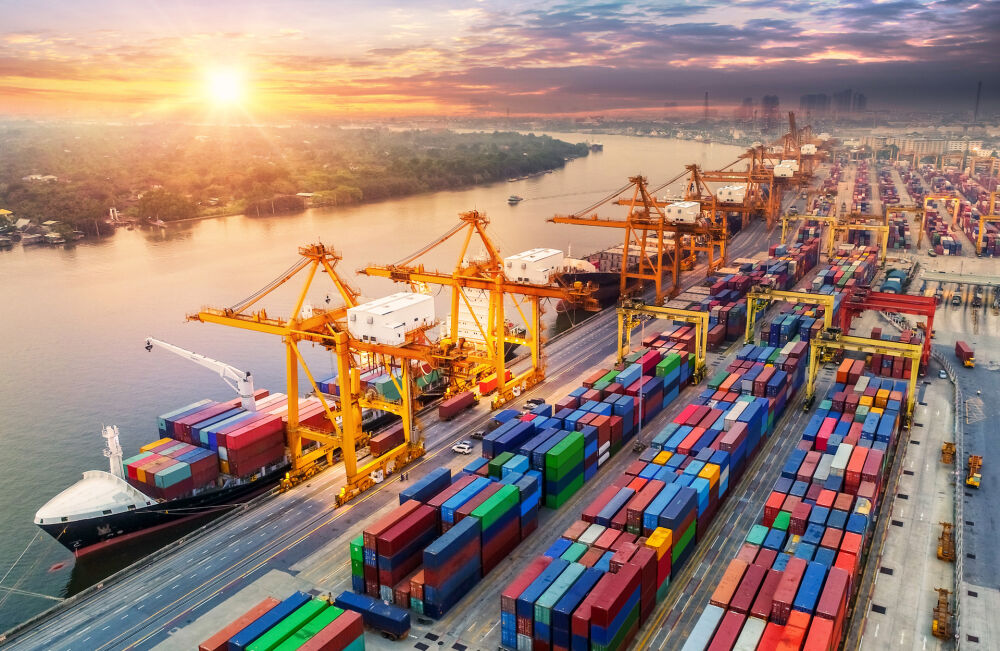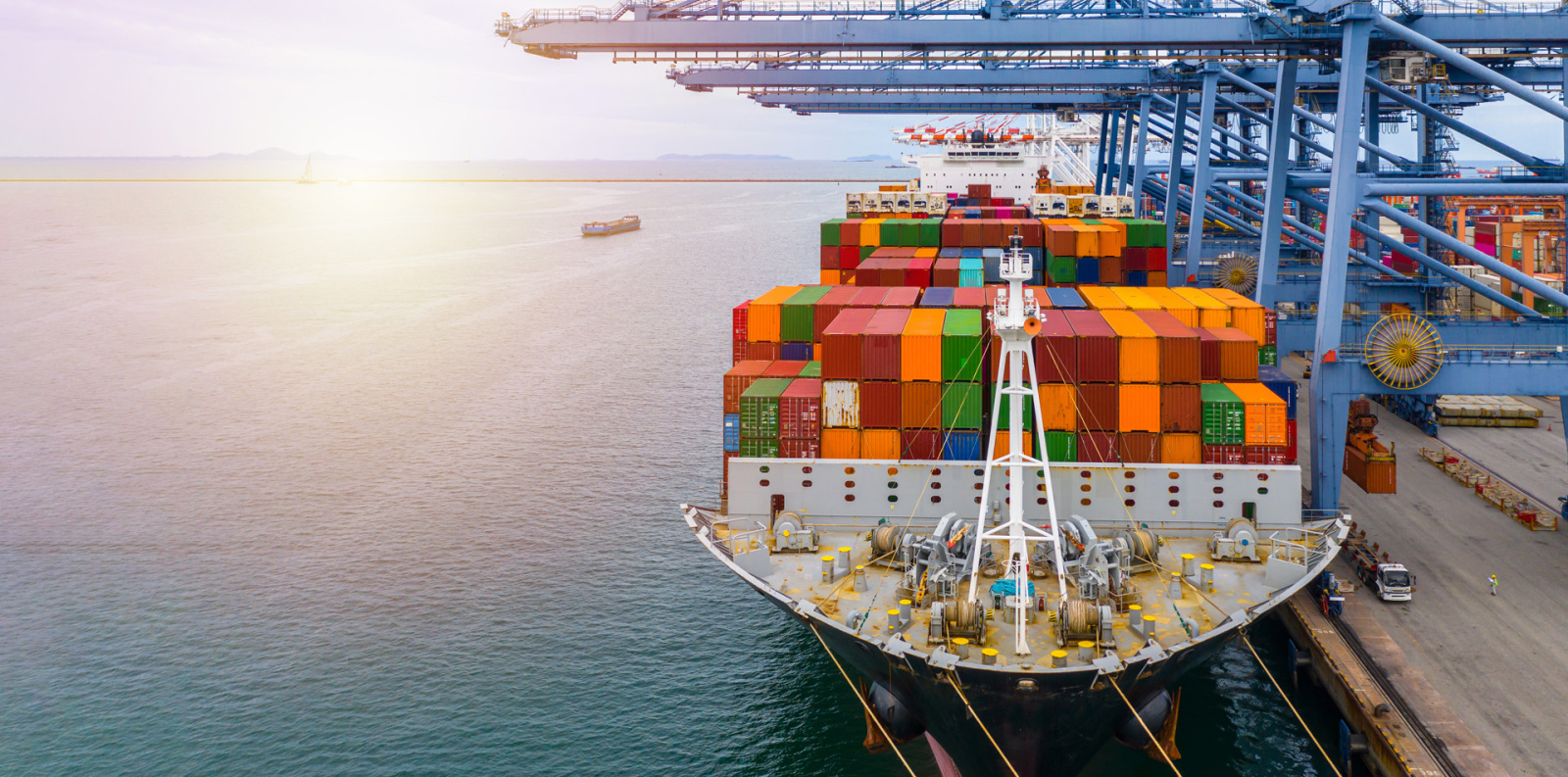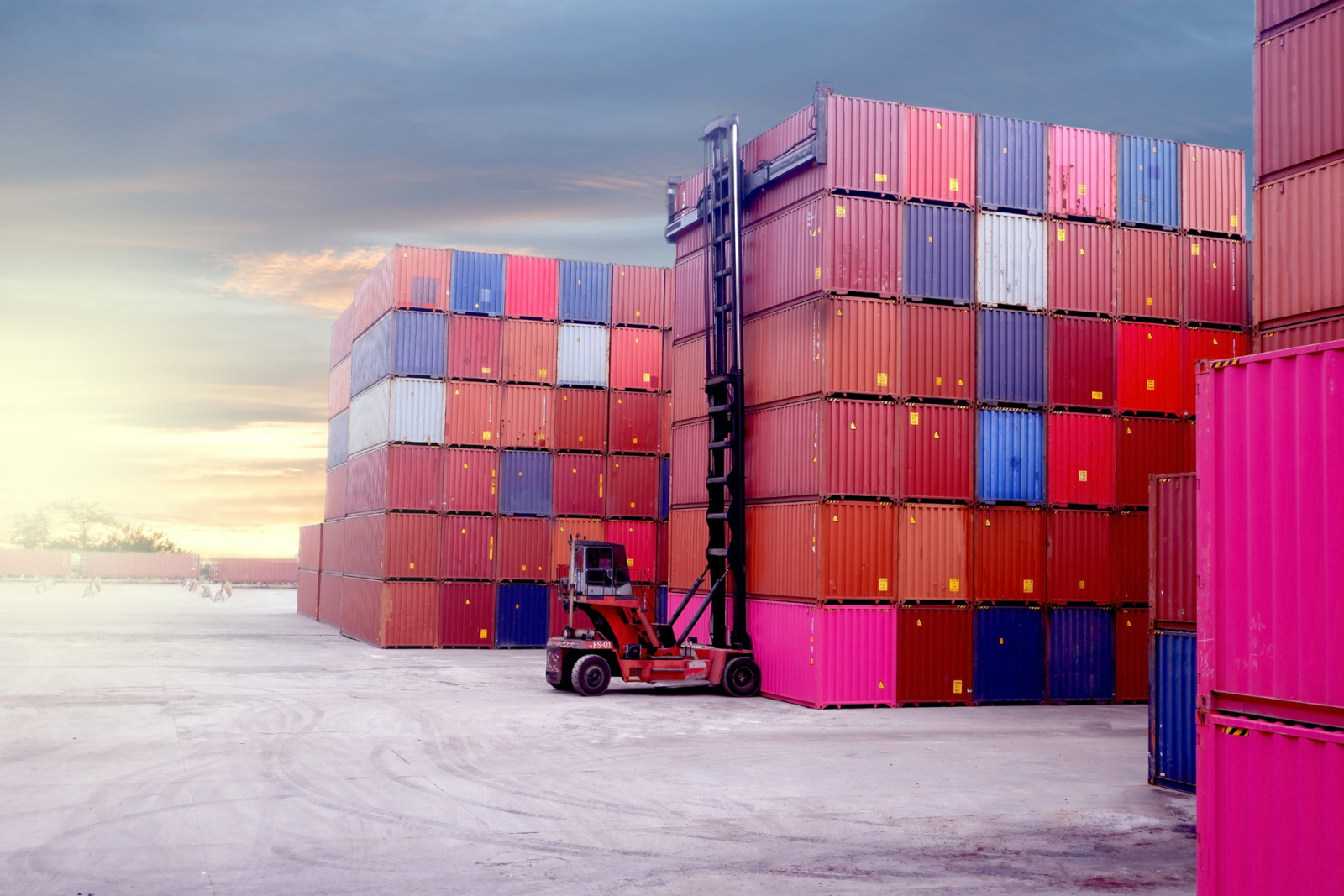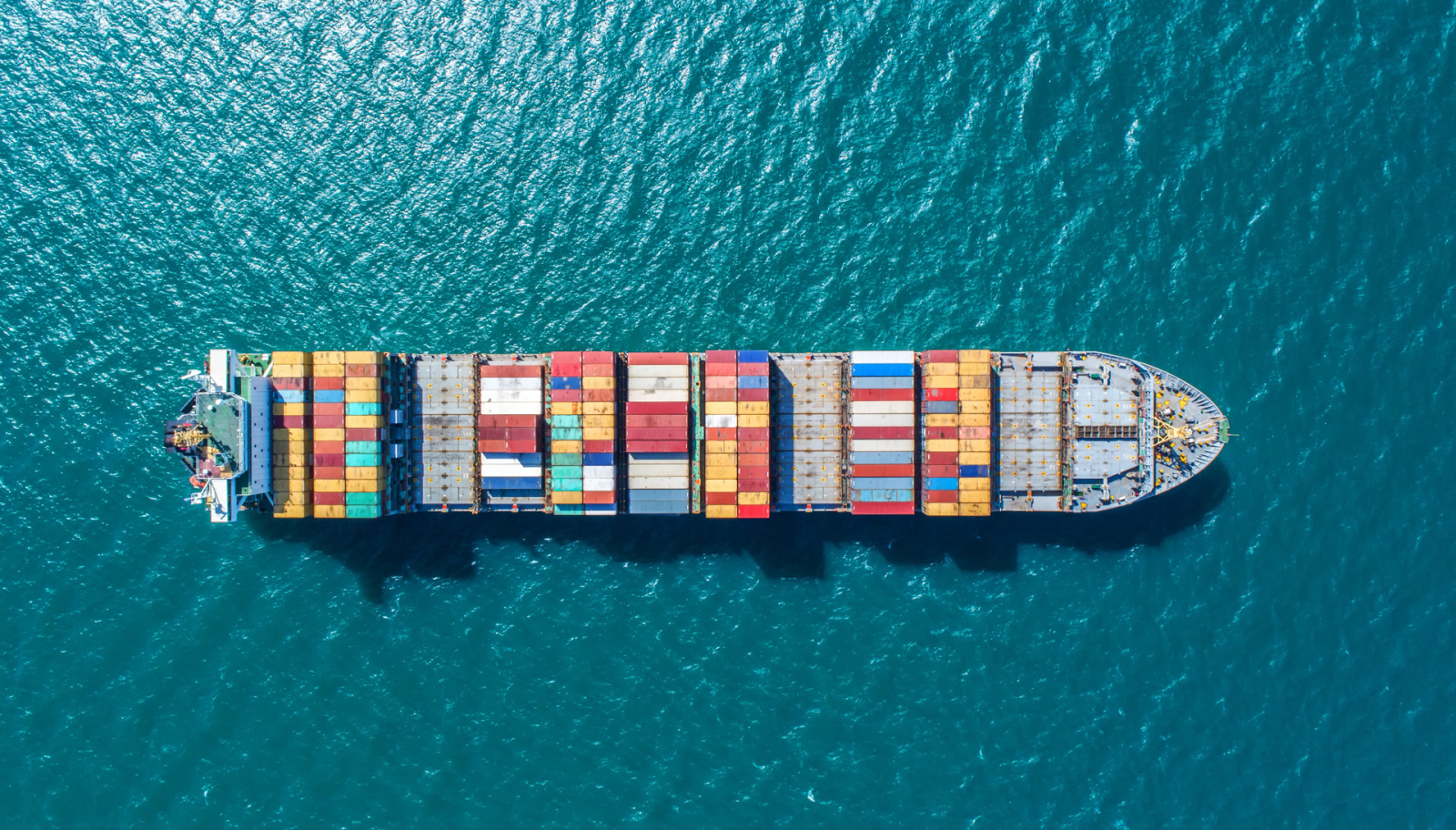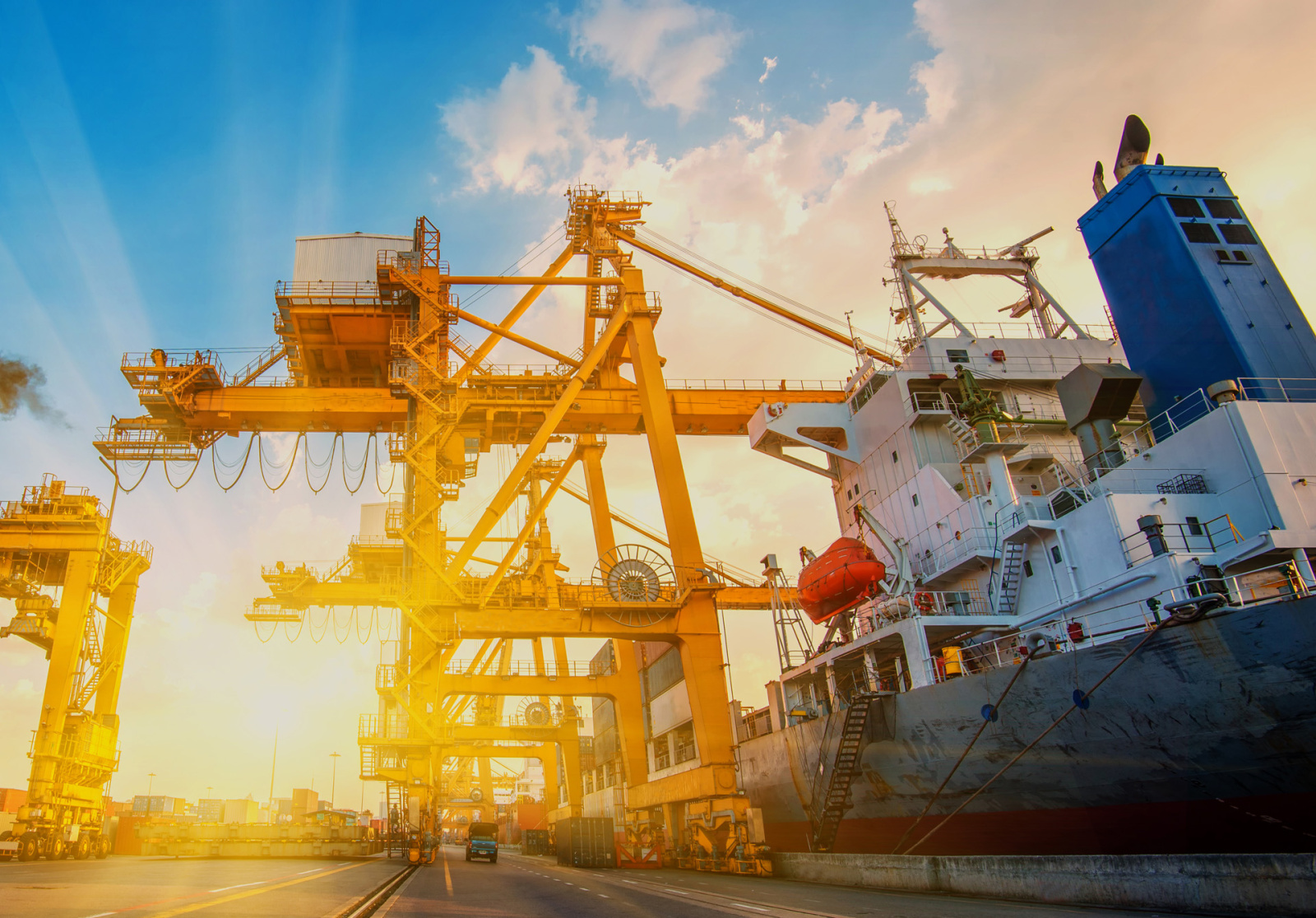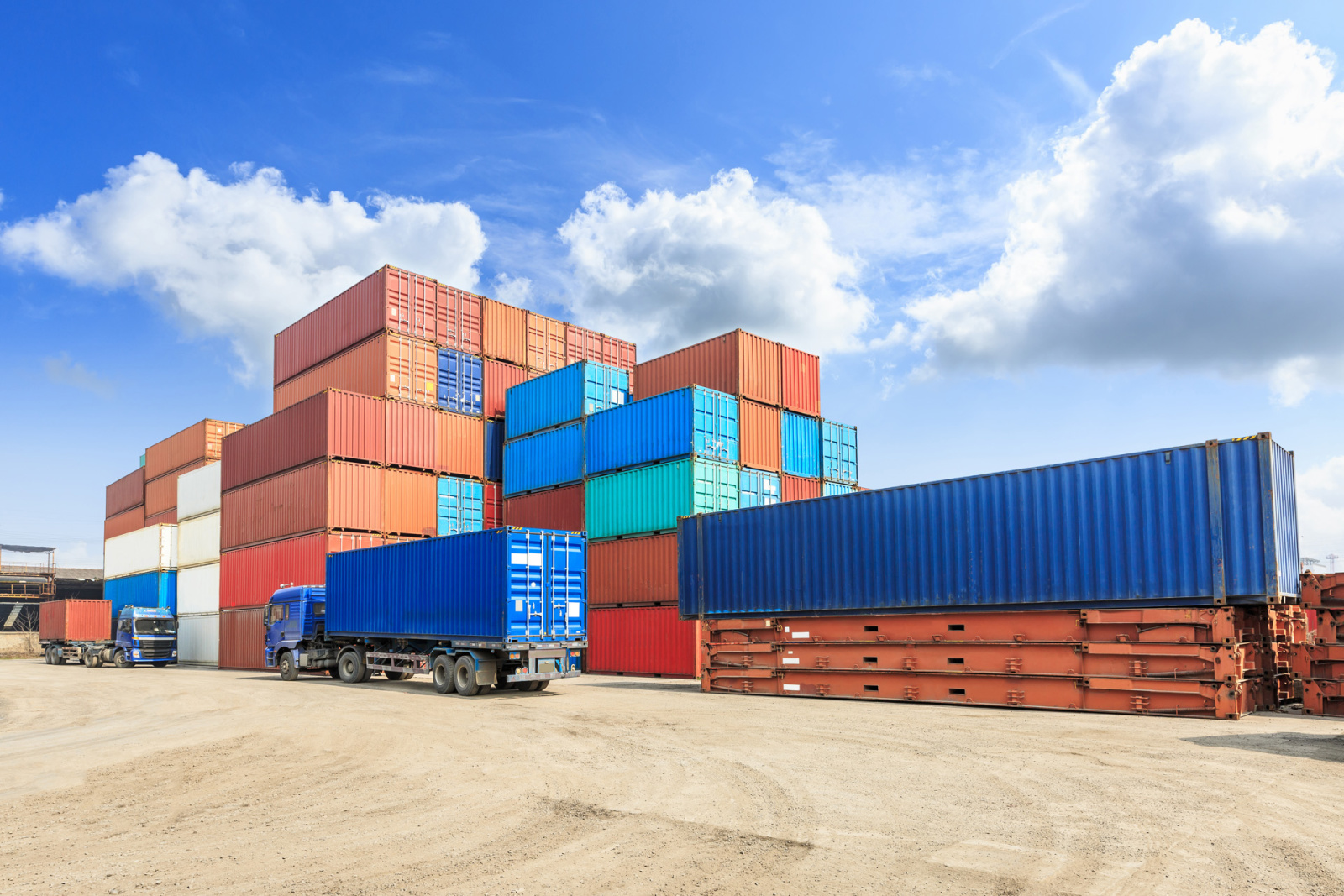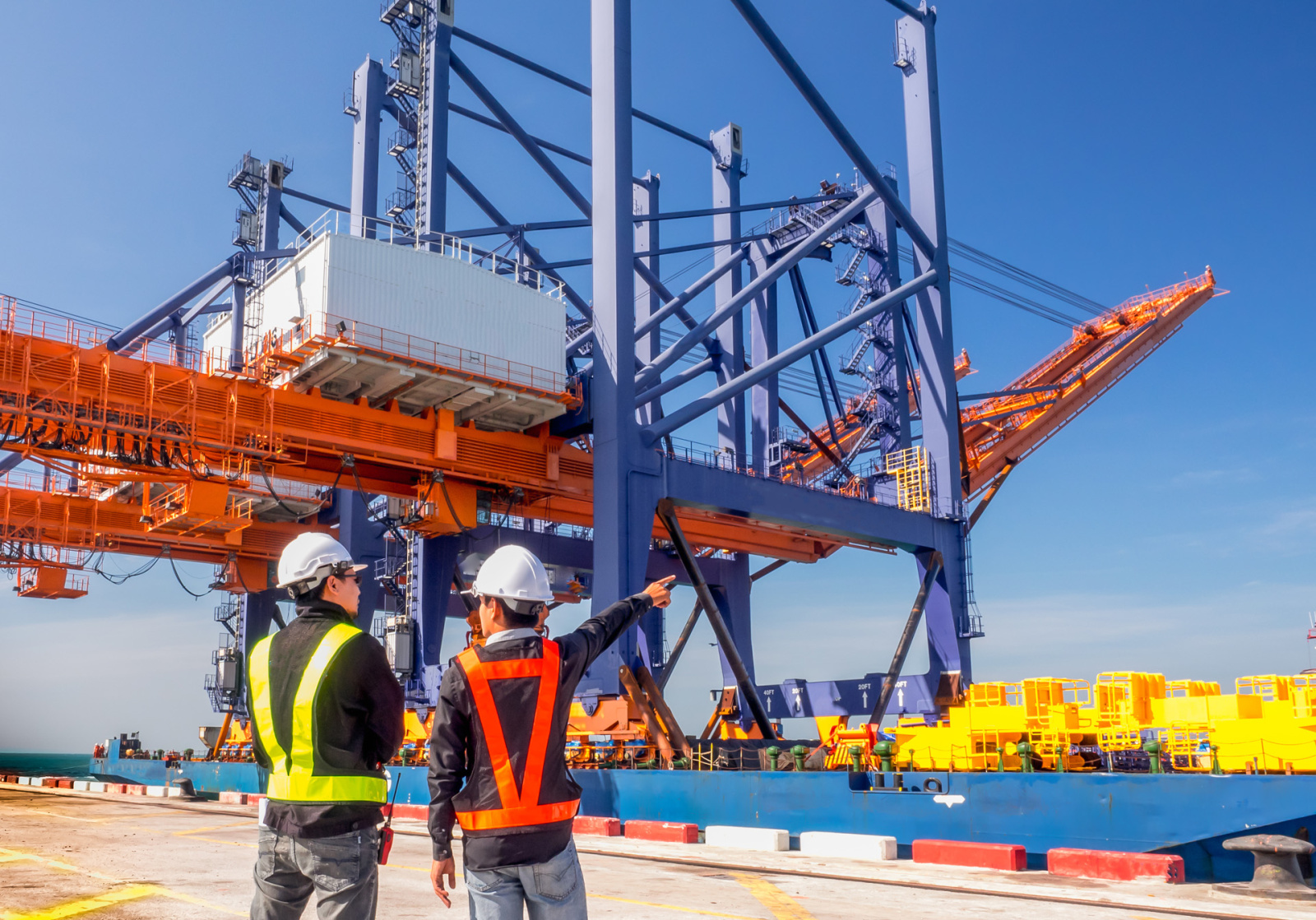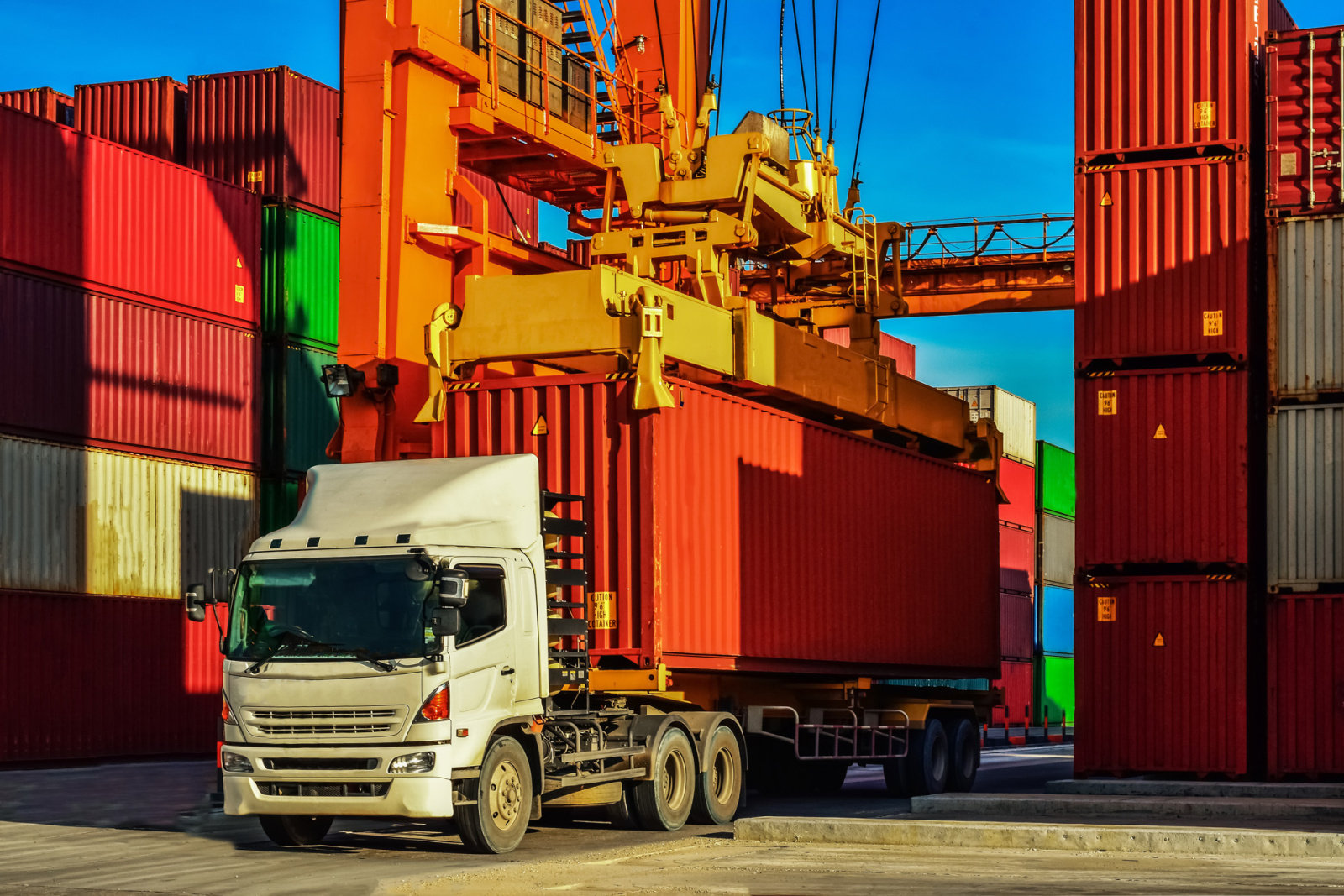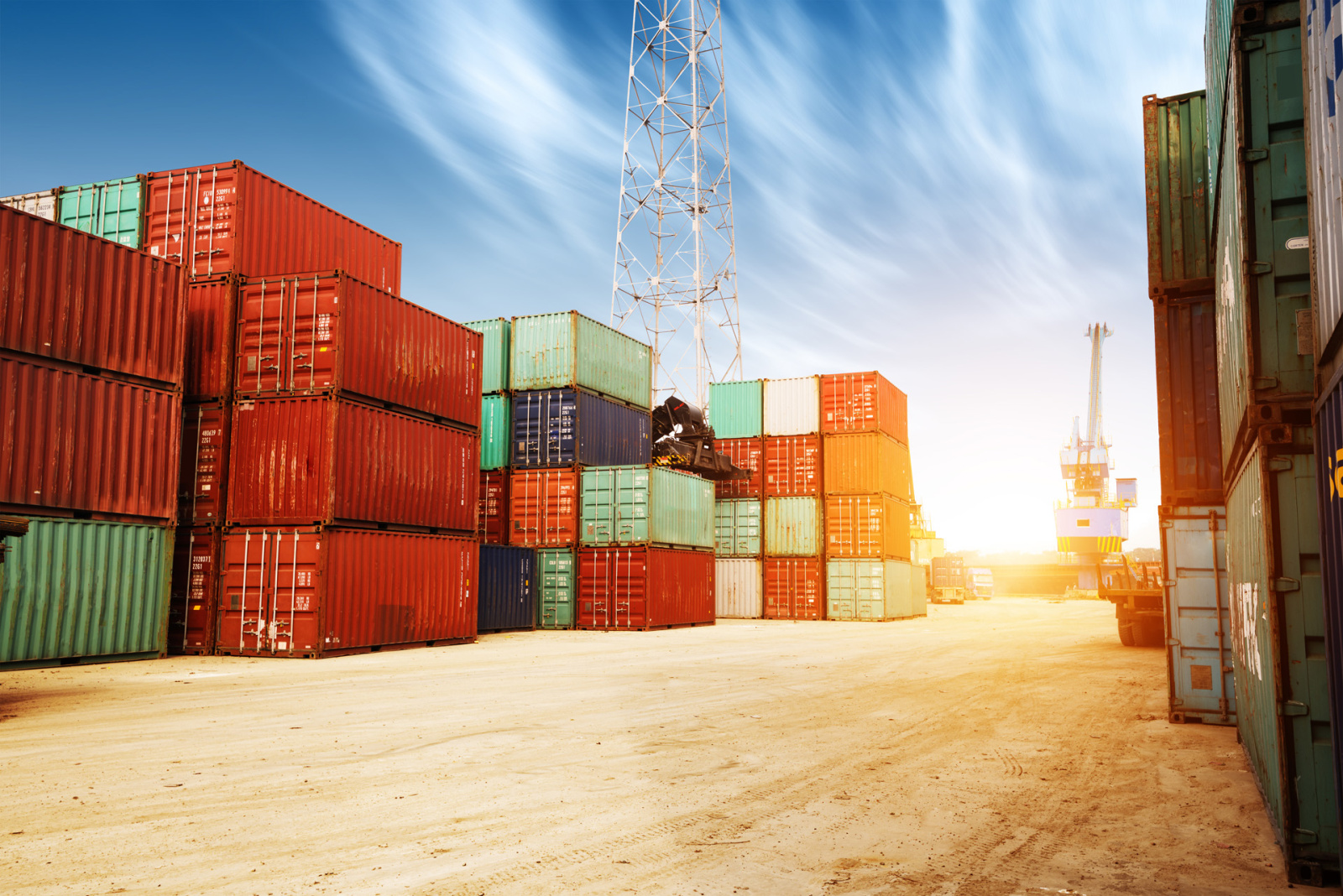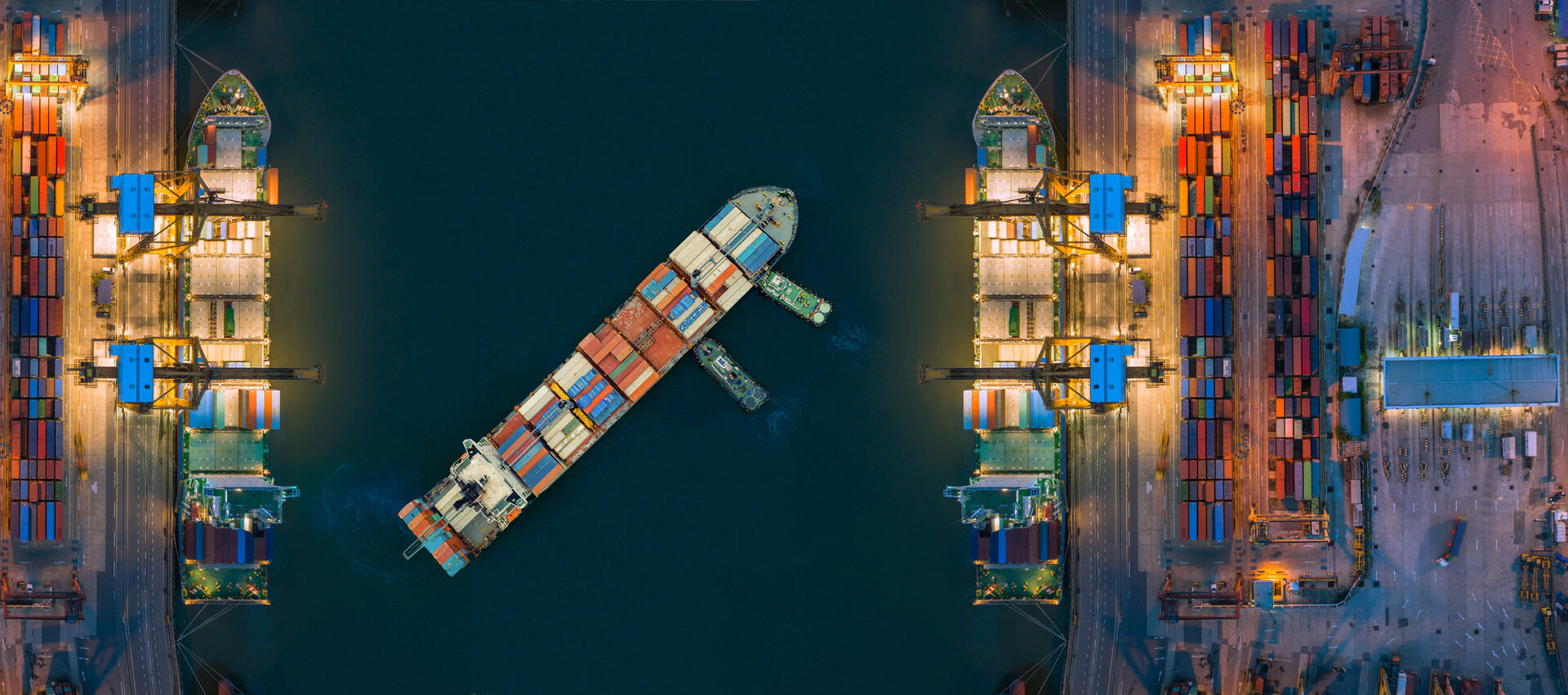
Transport Insurance? What Nonsense…Right?

Mark
Supervisor Sales
Jan 29, 2025
The Dutch are known for many things, both good and bad. One of them is our tendency to be insured for just about everything - and often twice over. We even lead Europe in that respect. Apparently, we like the sense of security it brings in uncertain times.
So, it may come as no surprise that we, as a logistics service provider, always recommend one more type of cover: transport insurance. You might wonder whether Berkman is being overly cautious or simply too careful. After all, entrepreneurship is about taking risks, and importing goods from another (often distant) country is no exception. So you might think, forget about that transport insurance - and save a bit of money too.
If that is your view, we are afraid we have to disappoint you. Let us explain why.
Why should you take out transport insurance?
Without transport insurance, the owner of the goods is liable for any damage to, or loss of, those goods during transport. This includes damage caused during loading, incorrect stowage, shifting of the load, theft, temperature fluctuations, and more.
In some situations, it may be possible to recover the damage from the carrier or stevedore involved. However, success is far from guaranteed. You must be able to prove fault or negligence on the part of that carrier or stevedore, and even then, their liability is often very limited - usually much lower than the actual value of the goods.
How does this differ from other business insurance policies?
Transport insurance provides compensation to the owner of the goods for loss or damage to their own goods while in transit. It sounds straightforward, and it is.
Liability insurance, on the other hand, covers claims from third parties against the insured for damage to those third parties' property or goods. It does not cover the insured's own goods, only those belonging to others that were under their care.
As mentioned above, transport insurance specifically covers the goods themselves and offers much broader protection, regardless of the cause of the damage or loss. This includes situations where a carrier could invoke force majeure.
For sea, rail or air transport, similar circumstances may arise in which the carrier's liability is limited by law, international conventions or general terms and conditions. In such cases, transport insurance again provides an effective safeguard.
Is there a limit to the cover, and are there exclusions?
Transport insurance typically covers all risks up to the maximum insured value of the goods. However, as with all insurance policies, certain exclusions apply. These often include damage resulting from gross negligence or deliberate acts by the insured, inherent defects in the goods themselves, cyber incidents, and natural disasters.
What does "General Average" mean?
General Average refers to the situation in which costs are incurred to save a ship, it's crew or its cargo - for example, in the event of a fire on board or if the ship becomes unmanageable. The costs incurred in such a case are shared among all parties involved.
This means that even if your goods are undamaged, you will still be required to contribute to those costs on a pro rata basis, according to the value of your goods.
Importantly, General Average is covered under transport insurance. The settlement process can take years, sometimes up to seven, during which time the total losses are assessed and efforts are made to recover costs from third parties where possible.
In short
Transport insurance is certainly not nonsense. The potential costs, particularly in the case of General Average, can be enormous.
Of course, Berkman can arrange this insurance for you through our trusted insurers - but you are under no obligation to do so. You are free to organise it in your own way.
Please note that transport insurance is not automatically included; it must be arranged at the specific request of the cargo owner.
We hope this has given you a clearer understanding of this important and sometimes complex topic.
Do you have any questions? We are always happy to help.
Related blogs

Vietnam in 2026: The Growth Market for Smart Importers
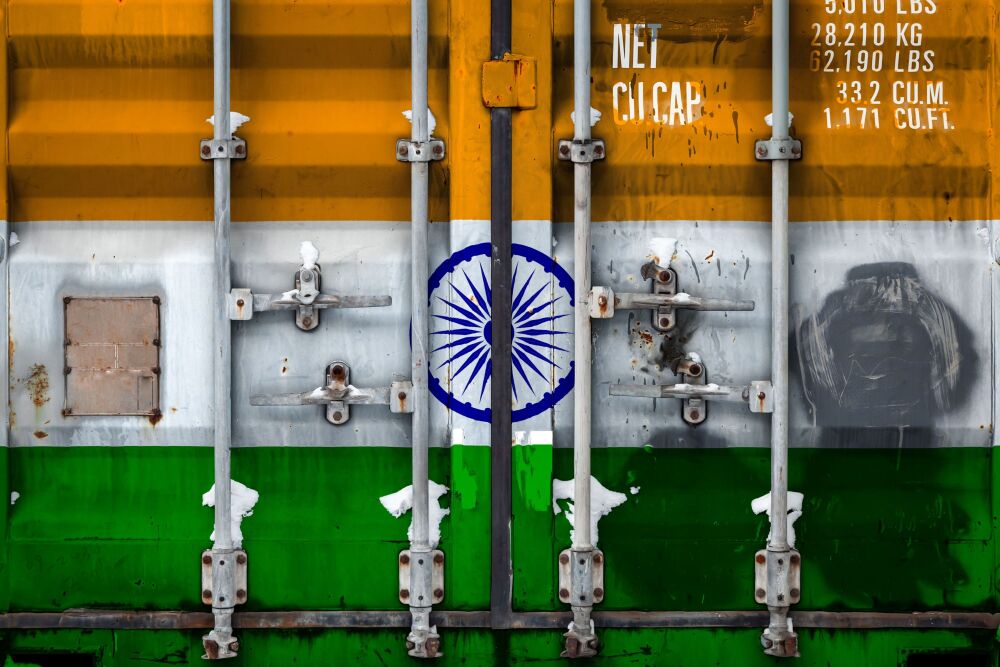
Importing from India: growth opportunities, trends, and local support
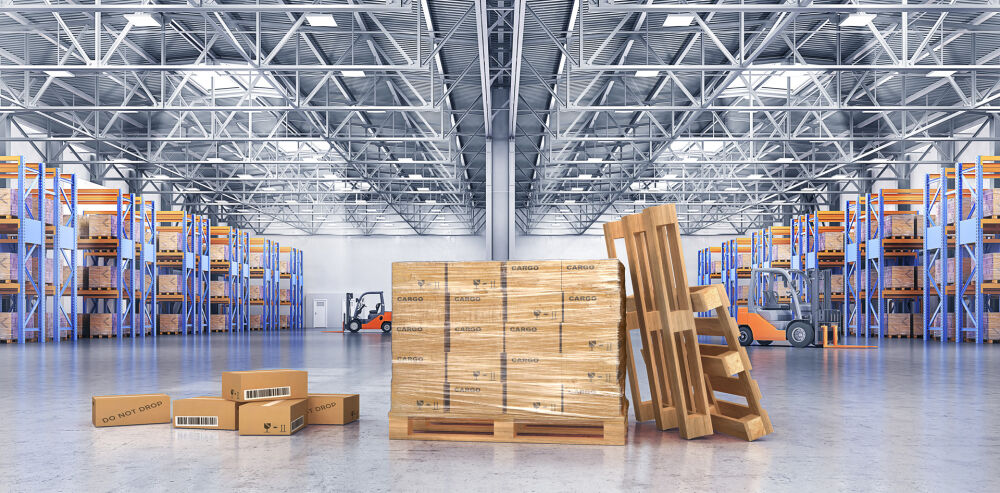
More than a freight forwarder: how we strengthen your supply chain

Vietnam: the trade engine of Southeast Asia
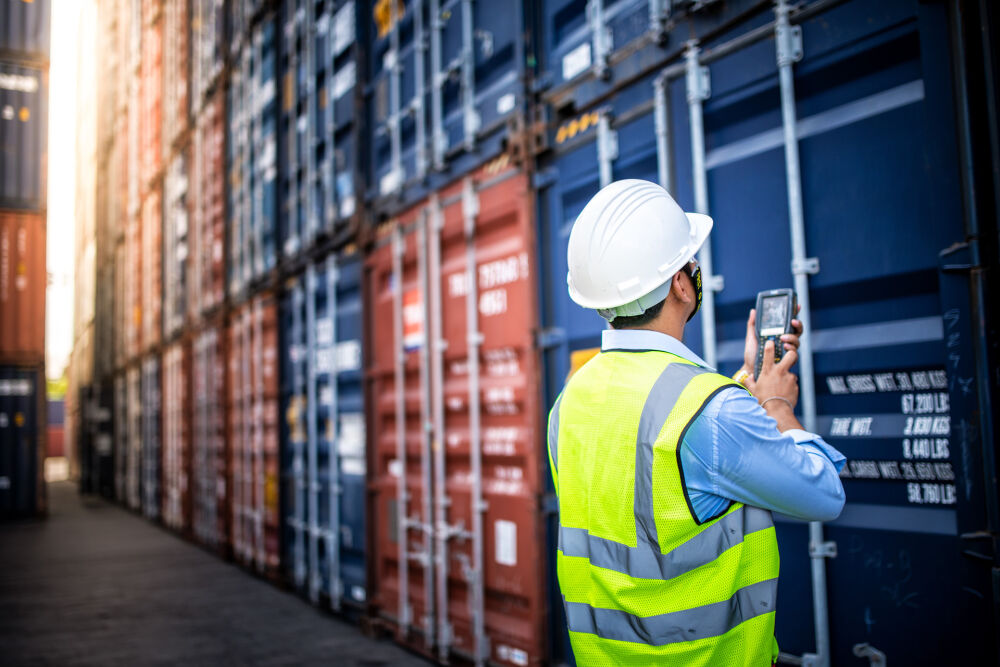
Why Quality Control in importing matters
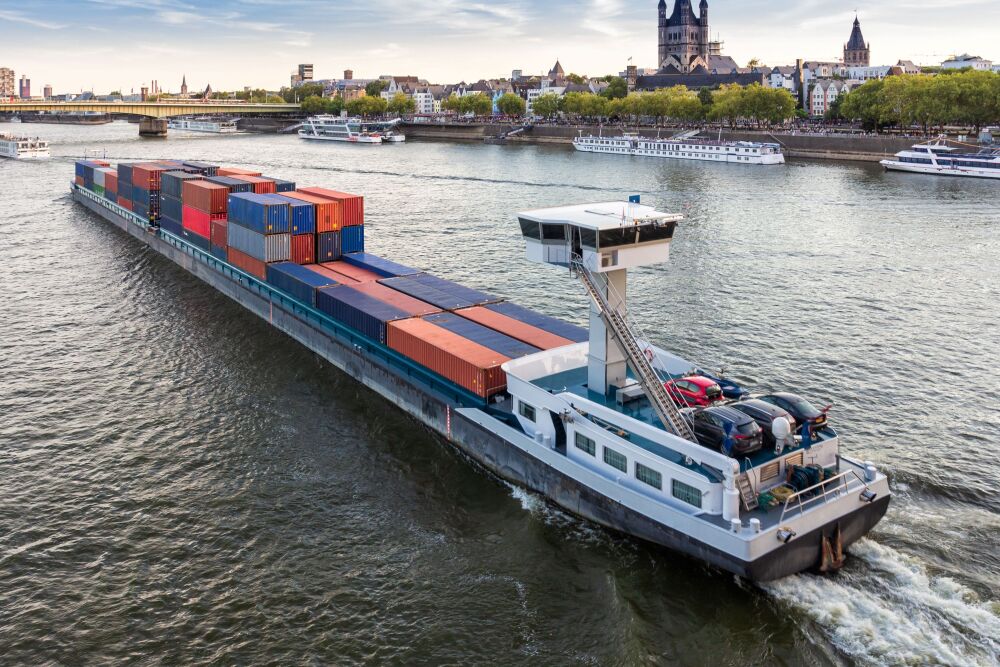
The benefits of transporting containers by barge
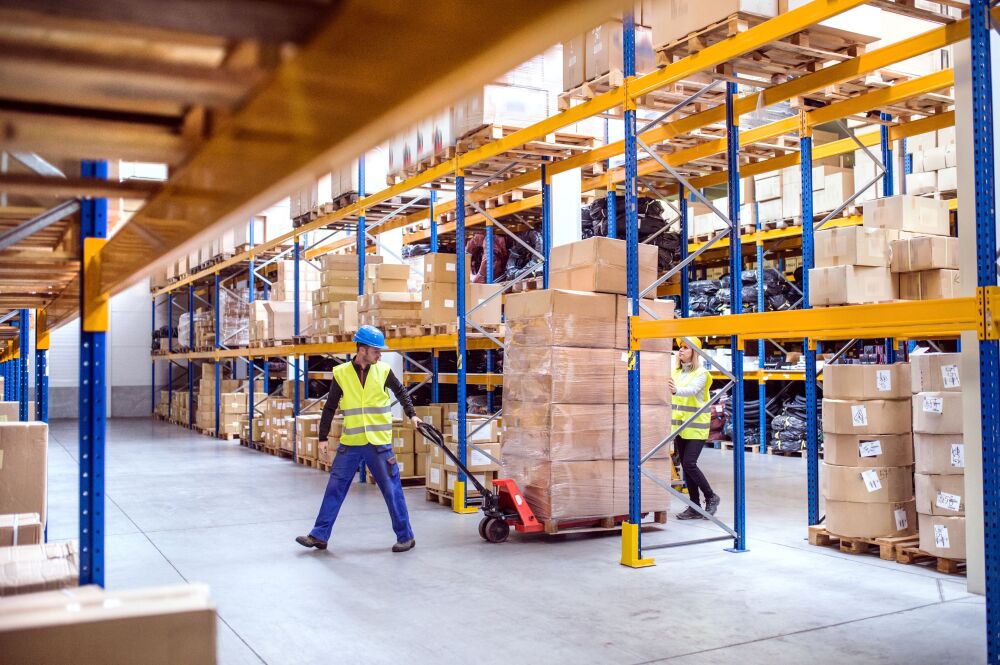
Consolidation: It's a Skill You Can Learn!
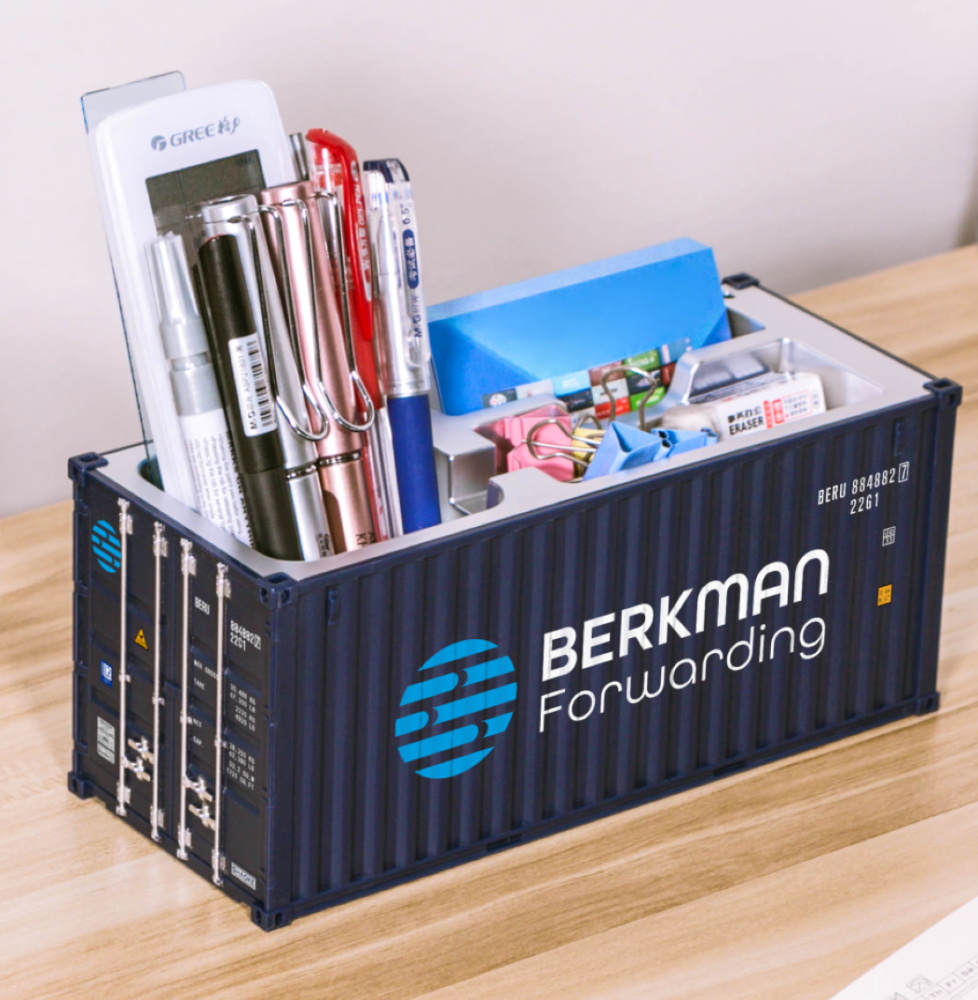
A Container is More Than Just a Black Box!
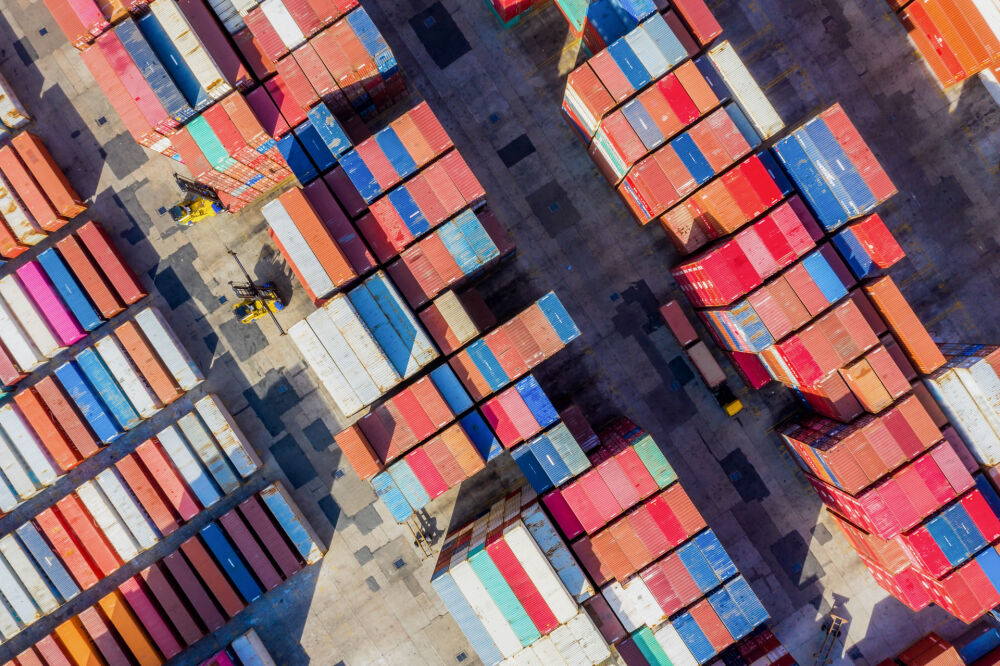
Incoterms: What Are They? And How Do You Use Them?
